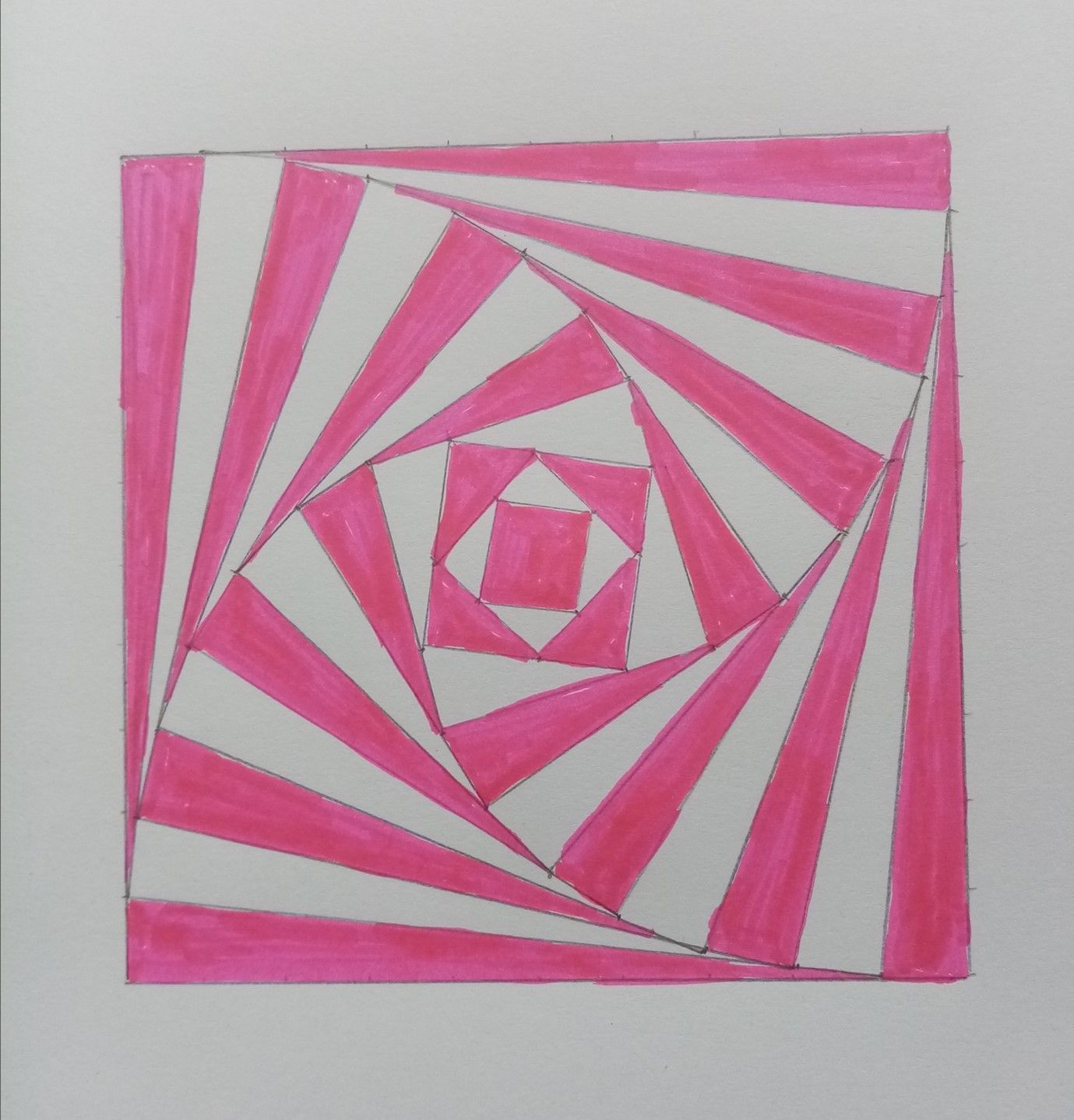The Truth about Stress - can it ever be good?
Stress is something that we all experience, though it doesn't always have to be negative.

Stress is something that we all experience. It is a fact of life that results from changes in our lives, big and small, that can occur at any time.
It has been suggested that there are four basic sources of stress.
- Environmental stressors such as noise, pollution, temperature, weather, pollens, that create sensory demands;
- Social stressors, such as work demands, home demands, relationship conflicts, financial worries, time pressures and digital demands, that create emotional and cognitive demands;
- Physiological stressors can arise from the natural physical changes of adolescence, menopause, pregnancy, injury, illness or aging or from stressors relating to unhealthy lifestyle habits such as, poor nutrition, inadequate sleep, lack of exercise or substance misuse, that create physical and emotional demands;
- Mindset stressors can arise when an individual’s default mental framework and thought patterns perceive, interpret, embellish and label experiences with a negative bias, creating a cycle of additional cognitive, emotional and physical demands (Davis, Eshelman & McKay, 2019).
Whatever its source, stress is known to affect body functions. Though not all stress is necessarily bad, intense or chronic stress has been shown to have a range of short and long-term negative impacts on physical and mental health.
Physically, these impacts can include wide-ranging repercussions on brain function, resulting in reduced memory and learning capability; immune system impairment, resulting in increased susceptibility to more frequent illness; increased inflammation and cardiovascular disease; gastrointestinal dysfunction, resulting in changes to appetite and digestion problems and interference in normal endocrine and hormonal activity.
Mentally, intense or chronic stress can induce unhealthy coping strategies such as smoking, increased alcohol intake or illegal substance misuse which may increase the negative impacts of stress on physical health (Yaribeygi et al, 2017).
However, as mentioned earlier, not all stress is necessarily negative. Life events, such as getting married, having a baby, a new job, getting a promotion, buying a house, retirement, though positive events, can all create stress as they involve change of status and responsibilities. Likewise, running a marathon, doing an intense exercise class, starting a romantic relationship or pitching a business idea are likely to generate stress but mostly be perceived as positive stress.
Indeed, stress actually begins with how an individual appraises a situation, event or experience – assessing how dangerous, difficult or painful it is and whether s/he has the resources to cope with it. Mindset or appraisal bias can exert considerable influence on an individual’s experience of stress.
A ‘stress-is-debilitating’ mindset is associated with avoidance, increased stress reactivity and a diminished sense of coping.
Whereas, a ‘stress-is-enhancing’ mindset is associated with a more proactive response style, adapting personal resources to manage challenges leading to improved outcomes for performance, productivity and health (Burke et al., 2023).
The good news is that it is possible to learn how to respond more positively to stress and thereby reduce the potentially harmful physical and mental impacts of chronic stress. Look out for our next blog to find out more or explore the various wellbeing support services we offer here at Creativia Coaching.
Burke, J., Dunne, P.J., Meehan, T., O’Boyle, C.A., van Nieuwerburgh, C. (2023). Positive Health 100+ Research-based Positive Psychology and Lifestyle medicine Tools to Enhance Your Wellbeing. Routledge, London.
Davis, M., Eshelman, E.R., McKay, M. (2019) The Relaxation & Stress Reduction Workbook 7th Ed. New Harbinger Publications, Oakland, CA.
Yaribeygi, H., Panahi, Y., Sahraei, H., Johnston, T. P., & Sahebkar, A. (2017). The impact of stress on body function: A review. EXCLI journal, 16, 1057–1072. https://doi.org/10.17179/excli2017-480










